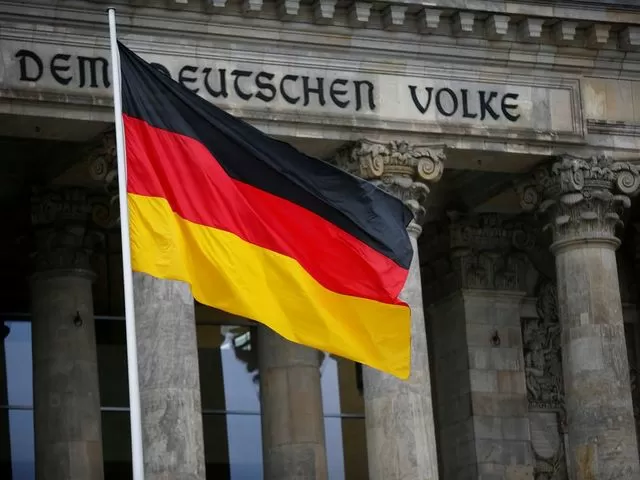Germany is holding an election to choose a new government, with the economy, migration, and the rise of far-right politics taking centre stage. For many voters, concerns over the stagnation of Europe’s largest economy, pressures to limit immigration, and the uncertain future of Ukraine and Europe’s relationship with the United States have dominated the political landscape.
The election comes at a time when Germany is facing significant challenges. As the most populous country in the European Union and a key member of NATO, its decisions are crucial to shaping the continent’s response to future issues.
The country has played an important role in supporting Ukraine, second only to the United States in providing military aid. Germany’s role in Europe will continue to be pivotal, particularly in light of changing international dynamics, including the policies of the United States under the Trump administration.
The race for chancellor
Over 59 million eligible voters will decide the composition of the Bundestag, Germany’s lower house of parliament, made up of 630 seats. The election is being held earlier than originally planned, following the collapse of Chancellor Olaf Scholz’s coalition in November. After three years in power, Scholz’s government faced mounting internal conflicts. As a result, there is widespread discontent, and voters appear to lack enthusiasm for any candidate in particular.
The centre-right opposition, led by Friedrich Merz of the Union bloc, has consistently topped the polls, with recent surveys showing support ranging from 28% to 32%. Merz is expected to replace Scholz as chancellor. In contrast, the Social Democrats, Scholz’s party, have struggled in the polls, with support ranging between 14% and 16%, which would be their lowest post-war result.
The far-right, anti-immigration party Alternative for Germany (AfD), has seen a surge in popularity, with support at around 20%. This marks a significant increase from their previous best of 12.6% in 2017. AfD has also put forward its first candidate for chancellor, Alice Weidel. However, other political parties have made it clear that they will not cooperate with AfD, a stance referred to as the “firewall.”
The future of Germany’s economy and migration policy
Merz has promised “stability instead of chaos” in the wake of Scholz’s collapsed coalition, which faced ongoing internal disputes, particularly regarding how to address the economic stagnation. If Merz wins, it remains unclear whether he will be able to form a stable government. He hopes to secure a two-party coalition, though it is likely he may need to include a third partner.
Potential coalition partners for Merz include Scholz’s Social Democrats, the Greens, and the pro-business Free Democrats. However, the Free Democrats, who were part of Scholz’s government, are struggling to maintain support and may not even qualify for seats in parliament, as they are hovering just above the 5% threshold required for representation.
The German economy, which has been in decline for the past two years, will be a priority for the next government. Turning the economy around will be a central task, and the election has sparked contrasting proposals from the parties on how to achieve this.
Migration has become an increasingly prominent issue in the last month, particularly following deadly attacks committed by immigrants. Merz has promised to prevent entry for those without proper documentation and to intensify deportations if he becomes chancellor. In a nonbinding motion, he called for increased border restrictions, which was approved by parliament with the support of AfD—a first in postwar Germany.
This move has sparked criticism from rivals, with Scholz accusing Merz of “irresponsible gambling” and violating long-standing political norms. Merz has strongly denied working with AfD, emphasising that his party will “never” collaborate with them.
Defence and Germany’s role on the global stage
On the international front, mainstream parties have pledged to continue supporting Ukraine in its war against Russia. The incoming government will also need to maintain Germany’s defence spending, which recently met the NATO target of 2% of GDP. With a special fund to modernise the military set to run out in 2027, the new administration will face pressure to sustain and possibly expand military expenditure, especially in light of increasing US demands.
This election marks a critical moment for Germany, as the country prepares to navigate both domestic challenges and its role in shaping Europe’s future.
